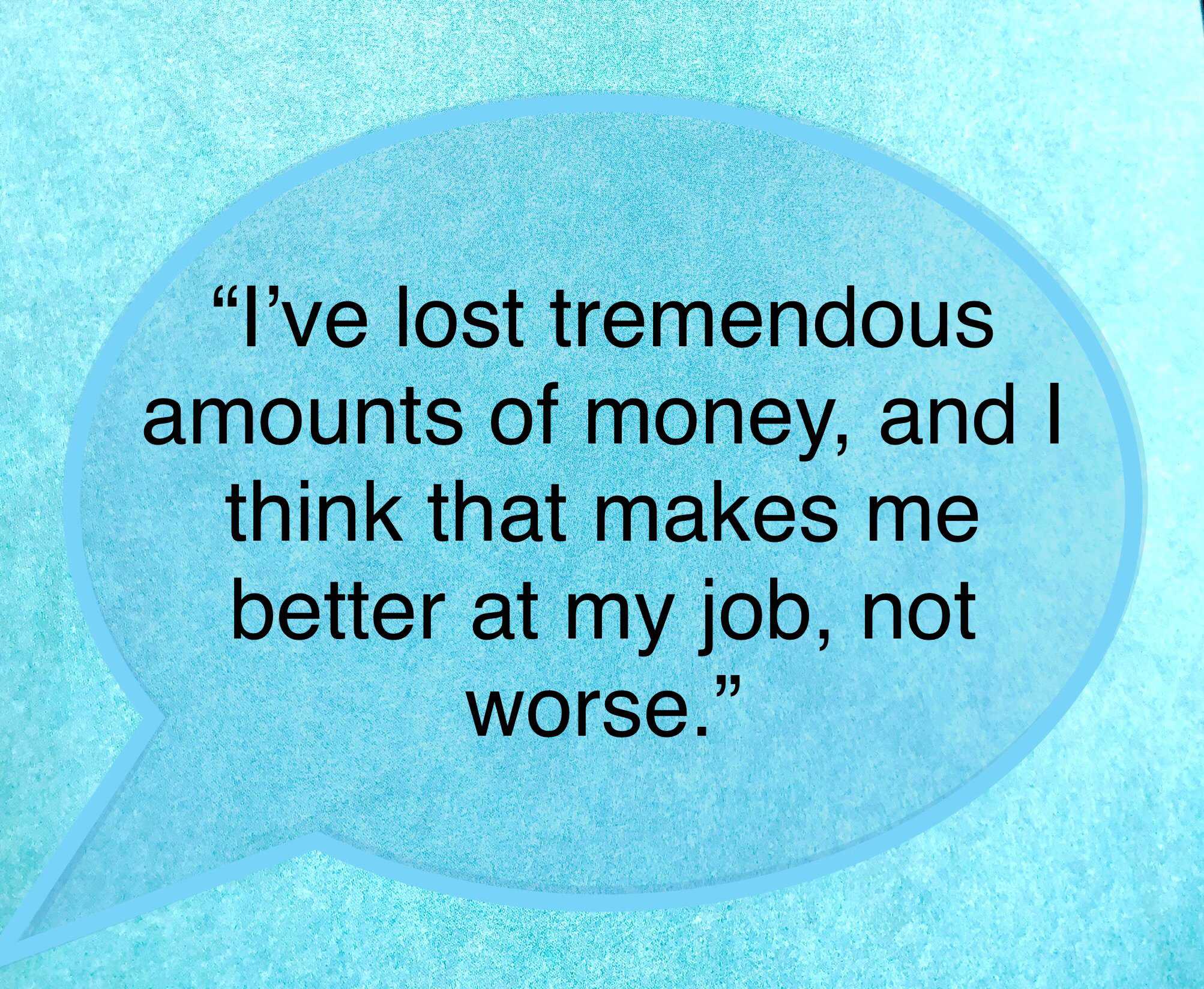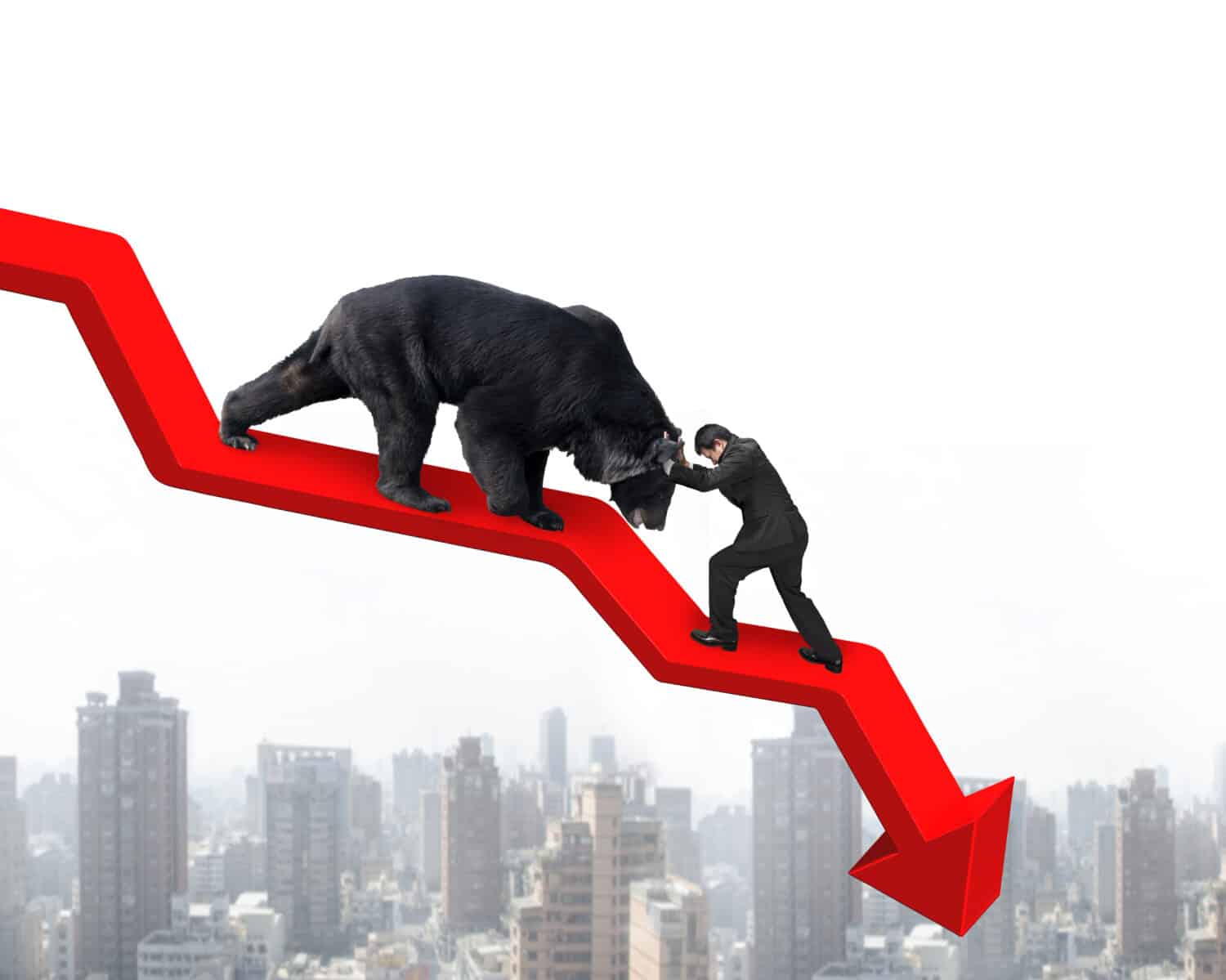Population and Social Characteristics
9 Jim Cramer Quotes Every 70 Year Old Needs To Hear

Published:

Jim Cramer is a former hedge fund manager and financial commentator. He is the host of the CNBC show Mad Money with Jim Cramer, on which he offers investment advice and stock recommendations. Recognized for his energetic and theatrical style, Cramer has strong opinions that are, at times, quite divisive. Cramer is also a bestselling author, having written several books on investing and personal finance. If you are in the market for some sage advice regarding your finances, keep reading to discover which of the 9 Jim Cramer quotes every 70-year-old needs to hear on 24/7Wall St.’s list might help you move toward financial freedom.

Jim Cramer has a wealth of experience in finance and investing. Before his career in television, he worked in finance, including managing a successful hedge fund. As such, Jim Cramer is a trusted name in the financial world whose advice is well worth exploring.


The stock market is inherently unpredictable as stock prices are influenced by a wide range of fluctuating metrics. While it’s challenging to accurately forecast market movements over short periods, in the long run, the stock market has demonstrated an upward trend. Long-term investors will potentially benefit from the upward trajectory of the market by staying invested, but as Cramer points out, the market is predictably unpredictable.


Investing money that you anticipate needing within five years is generally not recommended due to the volatility of the market. Over shorter periods, the stock market can experience significant fluctuations. Unlike long-term investments, where there is more time to ride out market downturns and benefit from potential recovery, short-term investments lack the luxury of time. For short-term financial needs, it’s advisable to invest in safer, more liquid assets such as high-yield savings accounts, certificates of deposit (CDs), or short-term bonds, which offer lower returns but with greater stability and easier access to funds when needed.


If it was easy to make money, everyone would be rich. Making money, particularly through investments or entrepreneurship, requires time, hard work, discipline, risk-taking, and a certain level of luck and expertise, or a combination thereof. Whether you’re investing in the stock market or starting a business, success in these endeavors typically involves jumping through hoops and over hurdles, while facing the uncertainties attached to long-term investing. Unless you’re saddled with generational wealth, financial freedom isn’t an effortless endeavor. Those who attain wealth do so through dedication, perseverance, and a lotta luck.


Experiencing losses in the stock market is a valuable learning opportunity that makes investors smarter. These experiences teach important lessons about risk management, portfolio diversification, and the importance of conducting thorough research before making investment decisions. By learning from their past mistakes investors can become more adept at navigating future market challenges.


Investing in stocks solely because they’re trending upward without understanding their underlying businesses can be dicey. Making uninformed decisions based on price movements alone exposes investors to significant risks and potential losses. Without a solid understanding of a business, investors cannot possibly assess the true value of a stock, let alone make an informed decision.


In today’s rapidly changing global economy factors such as technological advancements, natural disasters, and pandemics can significantly affect financial markets. Being prepared for unforeseen events and market fluctuations helps investors be adaptable. Those who understand the volatility of the market view riding the waves of uncertainty as a fun adventure rather than a cause for a rescue mission. Because just when you thought you’d heard it all, something new and unexpected comes along.


Staying invested in a bear market is strategic advice. Despite the downturns of bear markets, the stock market has shown resilience over time. While the duration and severity of bear markets vary, history thus far shows that markets rebound and continue their upward trajectory. While it can be tempting to panic and sell assets during a bear market, staying invested is a prudent strategy that benefits the faithful and patient.


Winning after losing is incredibly satisfying. The process of bouncing back from defeat allows for a deeper appreciation for success. The failures encountered along the way add weight to the eventual triumph, making the taste of success even sweeter. Success after failure(s) serves as a reminder that persistence and dedication pay off in the end.


Price and value are distinct concepts. Price refers to the amount of money required to purchase a good or service, while value represents the perceived benefits that it provides. Understanding the difference between price and value can keep you from falling into the pitfalls of profligate spending. When you prioritize short-term gratification without considering your long-term financial health, you end up overspending on items that do not provide lasting satisfaction. Evaluating purchases based on their overall value can help you make more informed decisions, which contributes to financial stability.
Are you ahead, or behind on retirement? For families with more than $500,000 saved for retirement, finding a financial advisor who puts your interest first can be the difference, and today it’s easier than ever. SmartAsset’s free tool matches you with up to three fiduciary financial advisors who serve your area in minutes. Each advisor has been carefully vetted and must act in your best interests. Start your search now.
If you’ve saved and built a substantial nest egg for you and your family, don’t delay; get started right here and help your retirement dreams become a retirement reality.
Thank you for reading! Have some feedback for us?
Contact the 24/7 Wall St. editorial team.